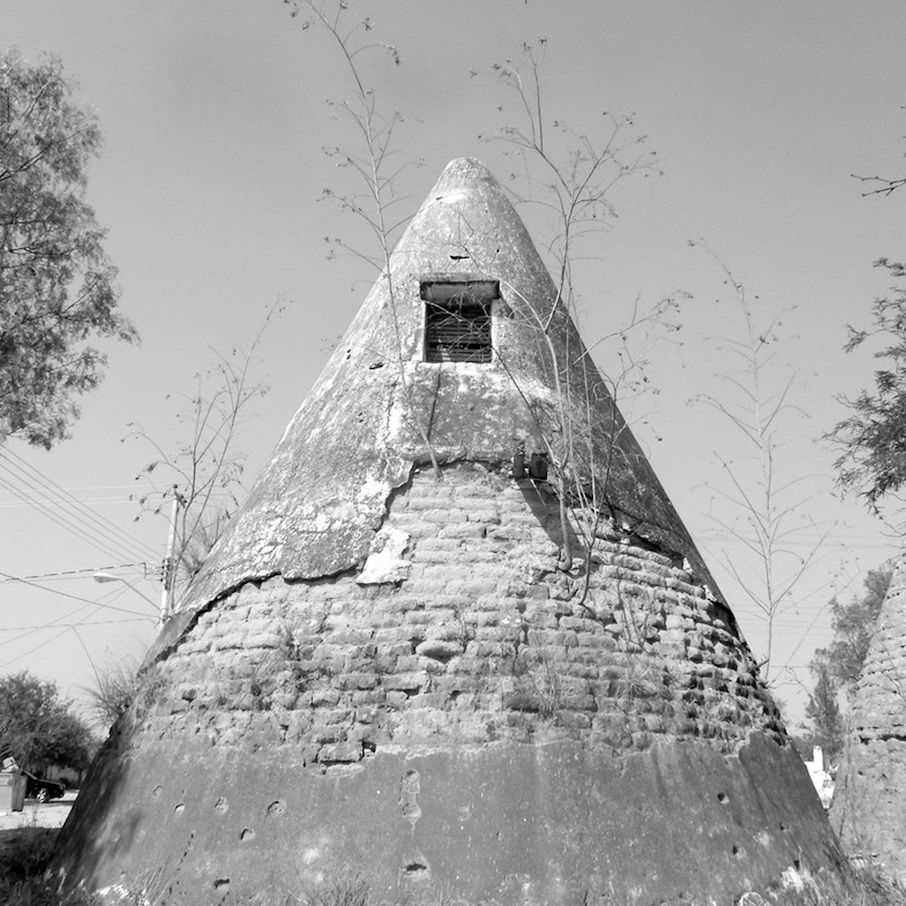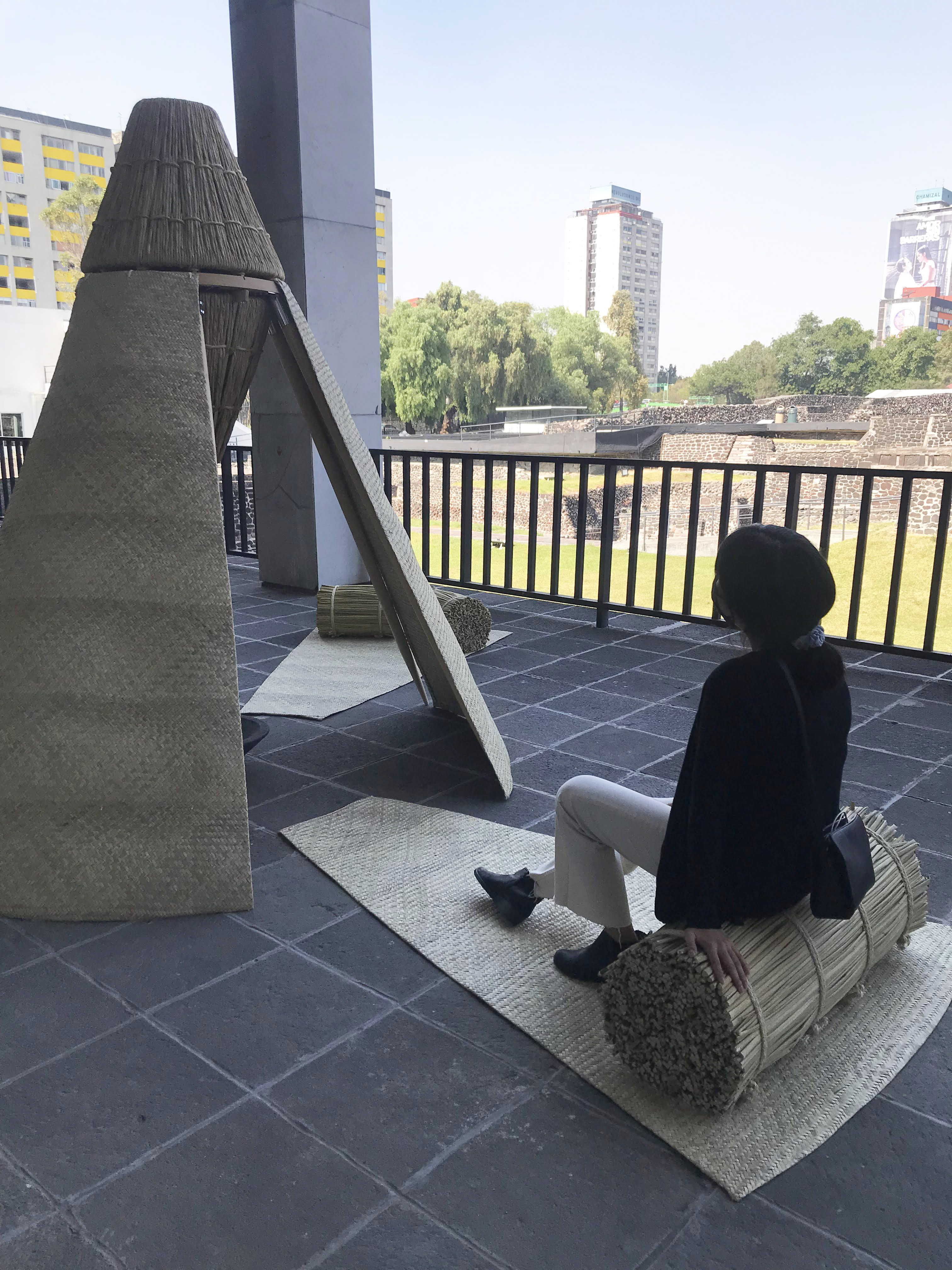SILO / SEMILLERA DE MEMORIAS






PROJECT CURRENTLY IN PROGRESS
Research that revolves around the idea of a silo or seedbed, a repository composed of the seeds-memories of those who live or lived in Tlatelolco.
The SILO / Semillera de Memorias archive is currently exploring the construction of memories of women living or working in neighbourhoods where social movements and spaces of resistance against patriarchy, colonisation or capitalism have taken place. The aim is to create an intergenerational dialogue between the participants and a reading of their memories from a non-linear time. How are individual and collective memories created? Who writes the history of our places, of our objects, of our encounters?
In SILO, the elaboration of memories is proposed as a constant process of creation in the present, arising from the lived experiences of its protagonists as a human right to know what happened, and compiling subjective, affective accounts, with different versions of the story and unstable forms of memory.
SILO began in Tlatelolco, located in the centre-north of Mexico City, its origin and name come from the ancient Mexica City founded before the conquest, twin sister of Tenochtitlan and which archaeologist Eduardo Matus Moctezuma names as: “the first indigenous resistance against the Spaniards and the last city to be founded in the centre of Mexico in pre-Hispanic times” (Matos Moctezuma, 2021, p. 13). It was a key place in the formation of the 1968 student movement and the site of the massacre in the Plaza de las Tres Culturas by the government of President Gustavo Díaz Ordaz in 1968.